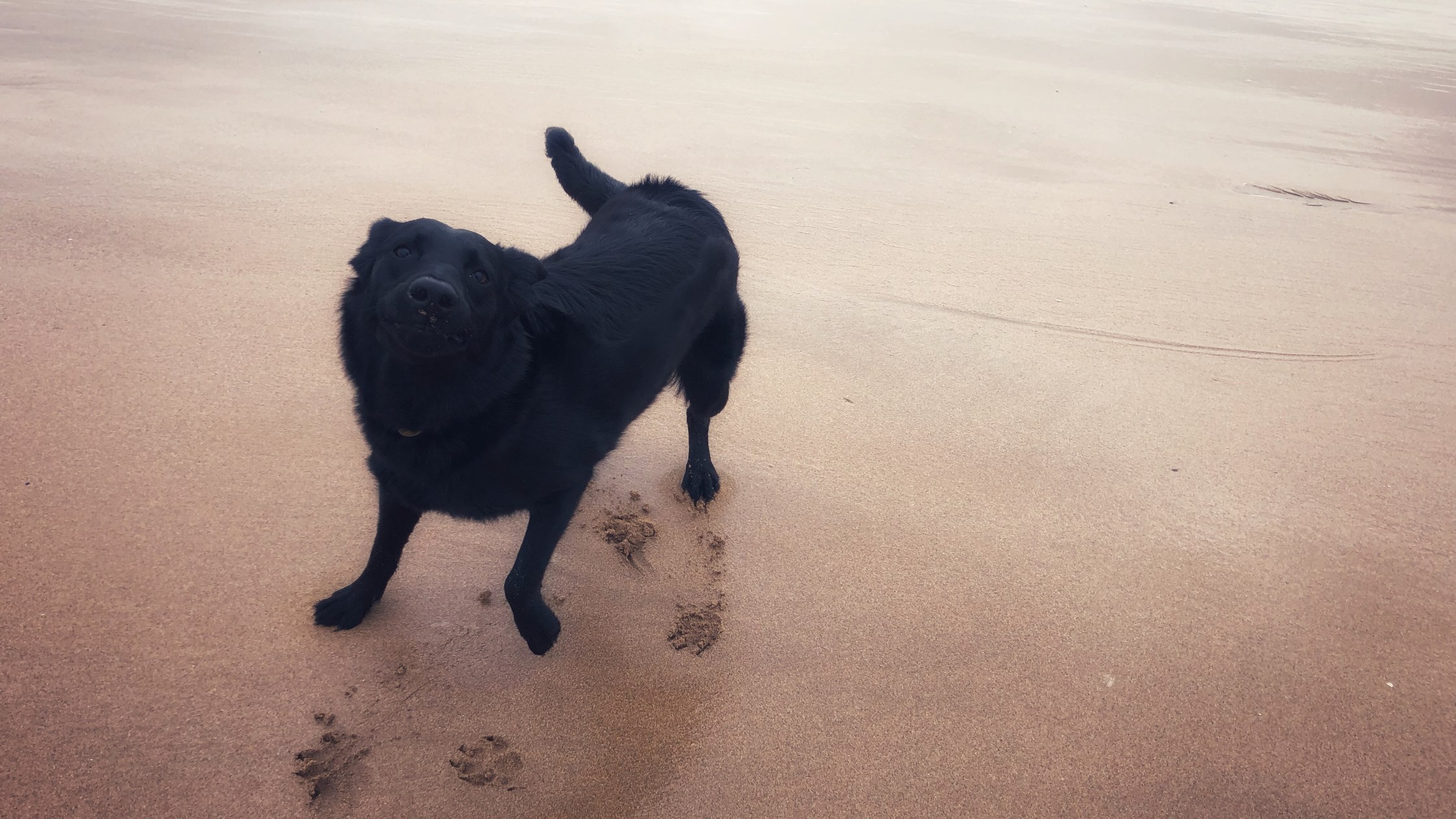You already know the age-old adage that time is the most important resource we have. It’s the only thing we have that we can’t get more of. I am trying to take that to heart and to make every second count. I feel it instinctually even. I get way more annoyed at losing time haggling with a company or a tradesperson than losing a bit of money due to an oversight or a mistake with the same company.
Take my money but don’t you dare touch my time!
Maybe it’s because I passed the 40-year-old mark (ok, a couple of years ago now), or maybe because I have kids, or maybe because I am actually learning something, but I am really trying to be attuned to doing what sparks joy and avoiding bullshit more than ever.
This level of control over my time isn’t always possible (did you see I mentioned kids above). I often just flat out fail to practice what I preach and not-to-mention the number of priorities to juggle can seem overwhelming with one priority at odds with one or more other priorities.
The solution is simple and yet maddeningly hard: prioritize what you want to do and focus on doing just that. In other words:
Do fewer things. Do them better. Know why you’re doing them.
Cal Newport
Here are a few ideas I’ve come across this past week that provide a helpful framework for one’s maximizing time.
The “2 list” strategy of prioritization
I’ve written and shared a lot about how to prioritize before (i.e. big rocks first), but I recently came across the “2 list” strategy of Warren Buffet. The strategy it involves making one list of your priorities (which are probably a lot) and then circling five out of that list that are the most important. Once you do that, Buffet says:
Everything you didn’t circle just became your Avoid-At-All-Cost list. No matter what, these things get no attention from you until you’ve succeeded with your top 5.
If I think about it, a lot of what I spend my time on each week isn’t mapped to my top five things. It can seem impossible to reduce focus so narrowly, and that is what makes it so hard.
It’s eliminating things you care about that is difficult. It is hard to prevent using your time on things that are easy to rationalize, but that have little payoff. The tasks that have the greatest likelihood of derailing your progress are the ones you care about, but that aren’t truly important.
Ring-fencing your time
In terms of putting this into practice, a simple method is protecting a block of time each day (the time you feel the most creative and focused) to minimize distraction and maximize your focus on the top thing you need to do. This will have the effect of starving attention from anything lower on your list and get you closer to Buffet’s two-list ideal. Oliver Burkeman recently described this approach to ring-fencing time in The three-or-four-hours rule for getting creative work done (emphasis mine):
The real lesson – or one of them – is that it pays to use whatever freedom you do have over your schedule not to “maximise your time” or “optimise your day”, in some vague way, but specifically to ringfence three or four hours of undisturbed focus (ideally when your energy levels are highest). Stop assuming that the way to make progress on your most important projects is to work for longer. And drop the perfectionistic notion that emails, meetings, digital distractions and other interruptions ought ideally to be whittled away to practically nothing. Just focus on protecting four hours – and don’t worry if the rest of the day is characterised by the usual scattered chaos.
Practice equanimity
Work less overall but be more focused when you do. Drop the need to feel like you need to solve everything. Instead, recognize that most problems, and subsequent priorities designed to solve them, don’t require you to worry about them so much. In Designing the Mind, author Ryan Bush describes this as practicing equanimity:
Equanimity is about feeling the way you feel about your five-years-ago-problems right now, about your current problems. Meaning they either aren’t problems, are problems that will sort themselves out, or are problems that are good to have. And this state is attained through the gradual process of identifying the emotional reactions that hold you back, using the restructuring and modulation tactics to correct them, and reprogramming each one until you are left with nearly total stability in spite of your circumstances.
Do one thing and do it fully
Finally, recognize that maybe you don’t need to be so analytical about your priorities and have elaborate schemes for focusing. Make the next five minutes rock. Commit completely to doing one thing, and then do the next thing. This idea is well-articulated in The Ancient Art of Using Time Well:
It turns out that the skills I’m developing that seem to enable these oddly well-lived days are almost perfectly aligned with Stoicism –attending to the task at hand regardless of its appeal, following a daily routine dutifully, doing one thing at a time with undivided intentions, and renouncing frivolous diversions like needless phone-checking and irrelevant inner monologues.
The optimal way to use one’s time might then be something like this: in every moment, be fully honest with yourself about what you probably should be doing, and do it without ambivalence or compromise. Bring your attention and your body and heart fully to that thing, and ask for nothing else but the opportunity to do it. Live that way the best you can each day, and do it better the next day.
Easy right? No, not at all. I’m trying my best to hold on to these ideas lightly and practice them when I can. I don’t want to spend too much time thinking about how to use my time.








Leave a Reply to Jude TullochCancel reply